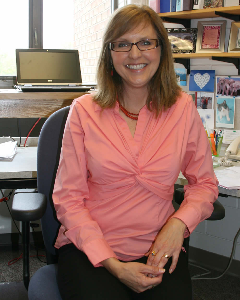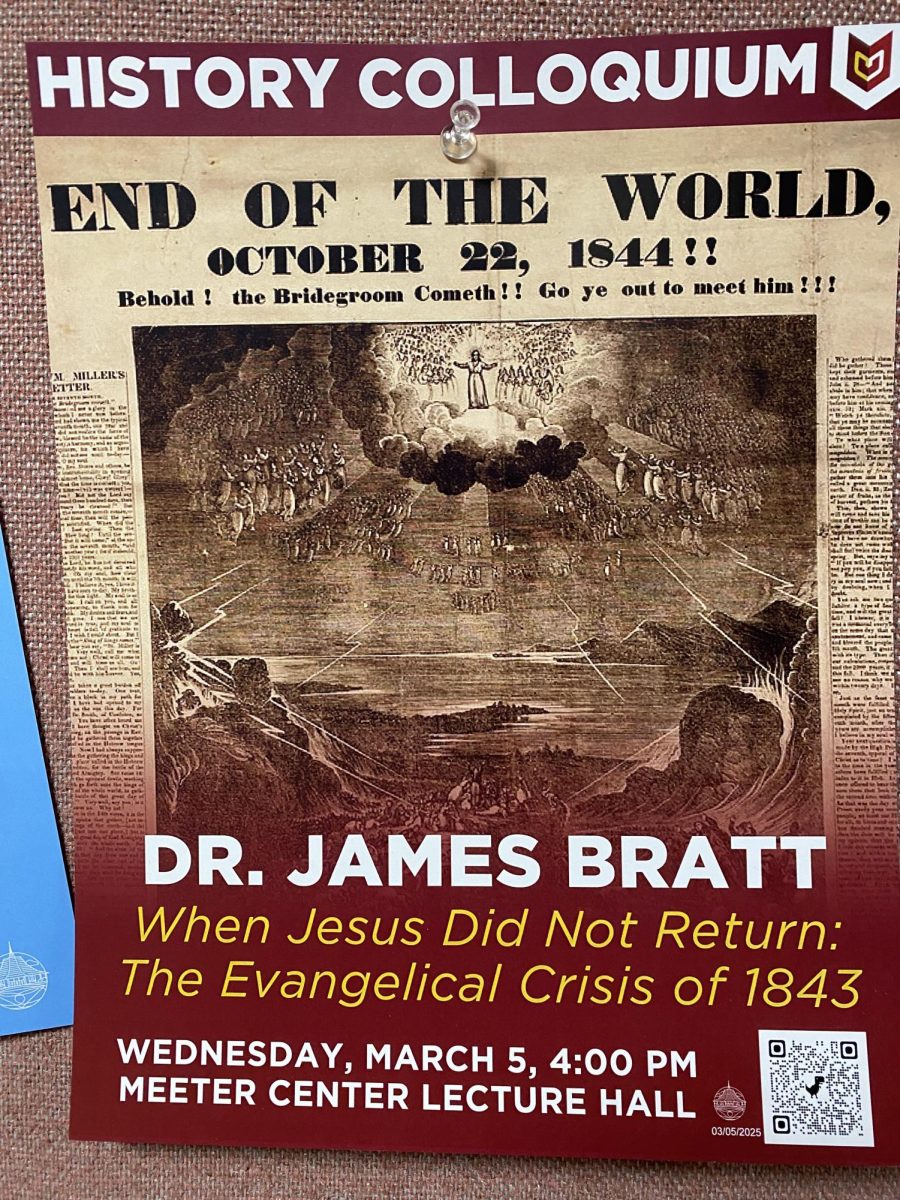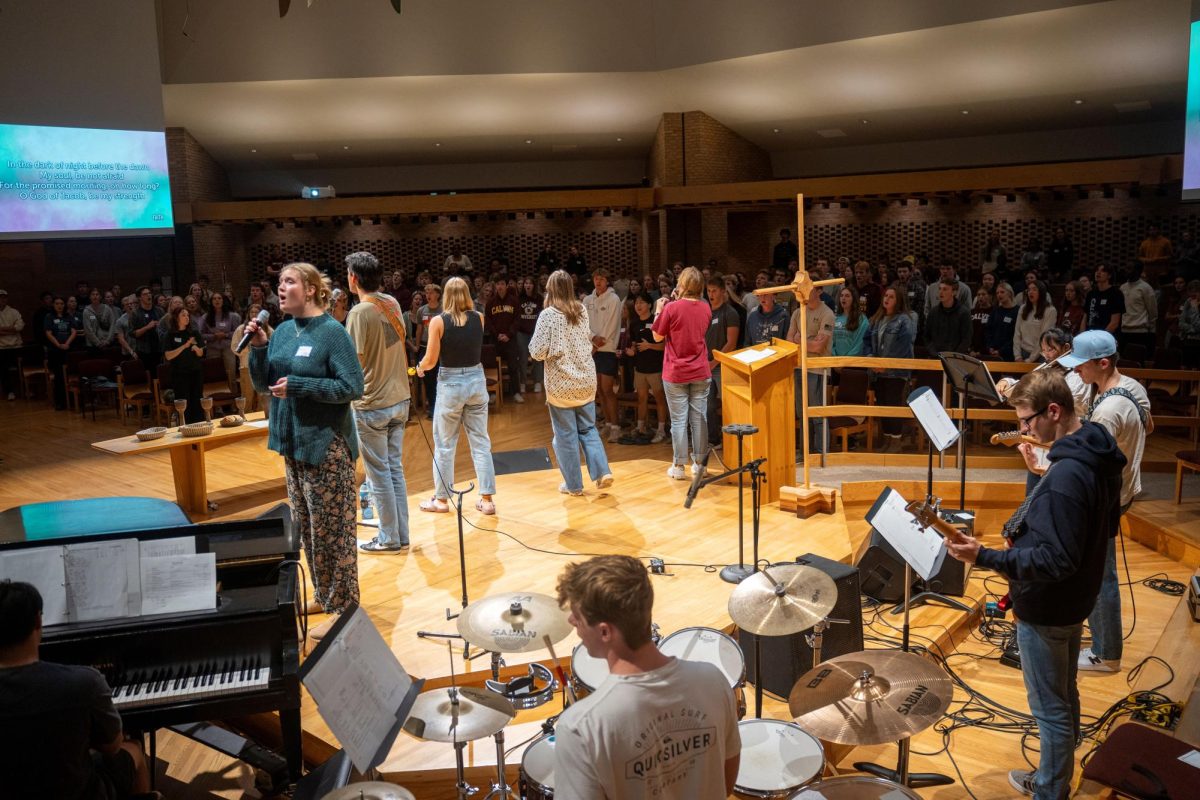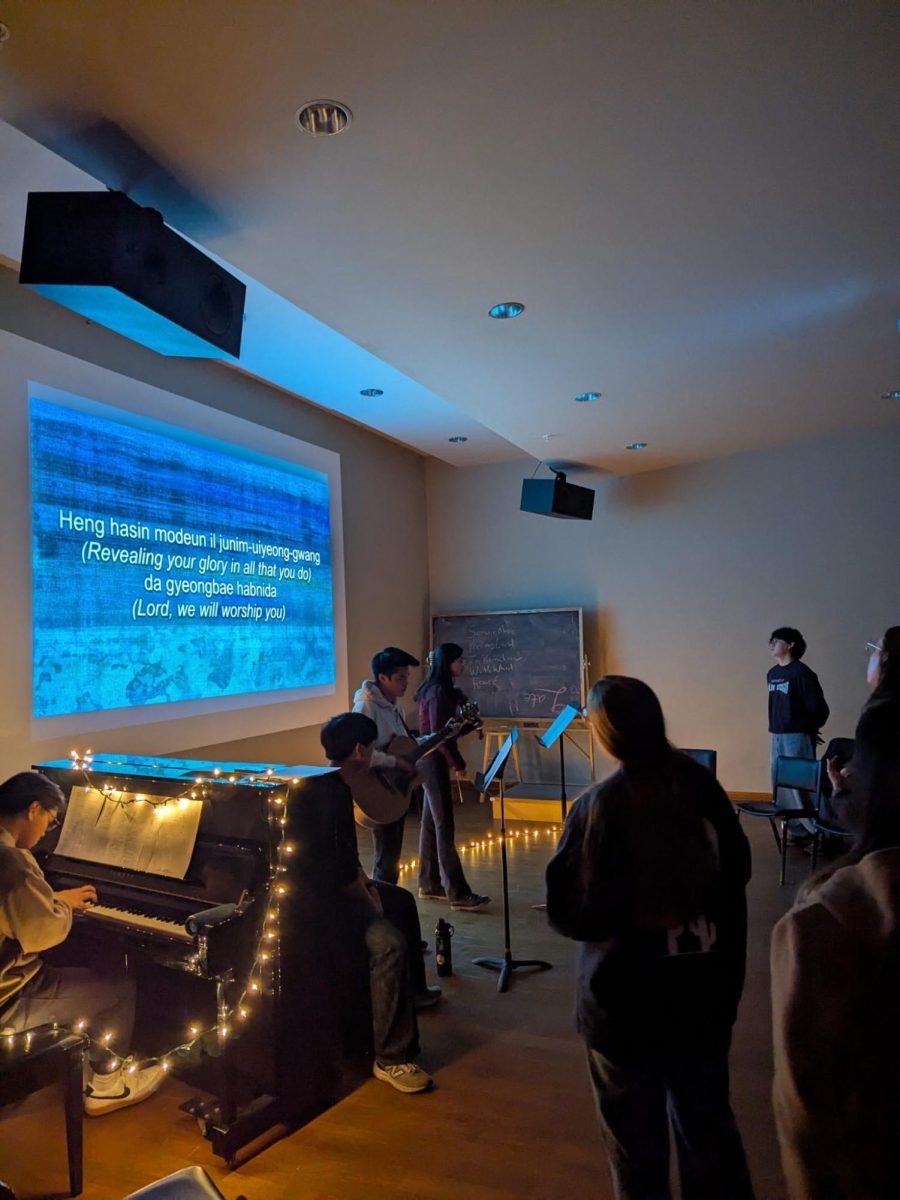As people age and mature, all come to a point in life where they must confront loss and
grief. Grief is a natural and necessary process birthed from loss — the loss of a dream, the loss of a hope or the loss of a relationship.
Psychology professor Julie Yonker is familiar with grief on multiple levels. She teaches a psychology class on grief and she helped develop the First Year Seminar curriculum to give students coping strategies for grief.
But she also has first-hand experience: she lost her mother at a young age.
Yonker was just out of college, not much older than most students at Calvin, and living in Germany while her family lived at home in Texas. Her mother had been battling cancer for quite some time and began to lose the fight. Her father and some members from their church helped to care for Yonker’s mother.
Her father needed a short break from the caretaking, so Yonker traveled back home from Germany to take care of her mother. While her father was gone, her mother became more sick.
“At night I would walk in and check on her to see if she was still breathing,” Yonker said.
Her mother soon became so ill that she was not able to receive proper care at home. Yonker feared she would pass away soon.
“I had to take her to the hospital,” Yonker said, “and I knew then that was the last time I was taking her away from her home.”
After caring for her mother while her father was away, Yonker had to travel back to Germany, but after only a few days back in Germany, she heard that her mother had finally passed away after the long fight with cancer.
She had started the grieving process long before her mother passed away, but this did not curb some pain and frustration.
“I was angry with God. It was unfair,” Yonker said. “I thought that this was a really stupid idea God had. It didn’t make sense how God would allow a woman who did and could do so much for His kingdom [to pass away].”
Yonker said the loss hit especially hard at the funeral. She questioned God and God’s motives, but knew he was present in her pain.
“He was clearly there at the funeral,” Yonker said. “I’m not sure how else I could’ve even breathed on my own.”
Yonker said that while confronting loss and addressing the grief people can become angry, confused, depressed and utterly lost. With the loss of a parent, it becomes difficult to find yourself again. Having lived in a world where home may have been a face or a hug, part of one’s identity comes from the existence and life of another person. Without that foundation, loss of self and questions of identity are imminent.
She mentioned that this feeling is not limited to specific events. The loss of a dream or hope leads to the same effects. Individuals who lose any aspect of stability, whether financial, spiritual or mental, also bear this burden. To handle grief is to learn to cope.
Yonker explained that C.S. Lewis’ “A Grief Observed” comforted her while coping with her loss because of Lewis’ great knowledge and faithfulness while battling similar strife. She took other steps to cope as well.
“I surrounded myself with women who have also been through tough events,” Yonker explained. “I trusted them, and they supported me.”
Yonker hopes to encourage students dealing with grief. When coping with grief, she said, do not become isolated. Self-care is important and will help stabilize mind and body. When dealing with grief, the body is under a heavy weight and becoming isolated or seeking indulgence in the “comforts” will only lead to harm.
Instead, Yonker said, get out of bed and dress, eat healthy and see friends. This will ultimately help most while coping.
Yonker is no longer angry with God, nor does she seek answers or question his justice. She is able to take a grander view and see the blessings it has brought. She finds comfort in the rest her mother has been granted, even though she still misses her.







